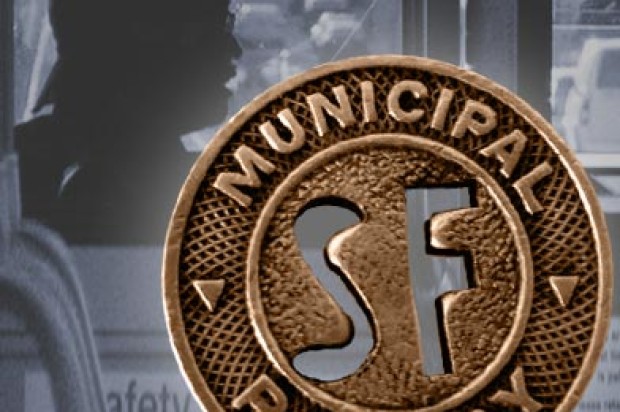
As a San Francisco Municipal Railway workers “sickout” continues for a third day, San Francisco City Attorney Dennis Herrera filed charges today with the state’s Public Employees Relations Board aiming to end the disruption.
Herrara filed an unfair labor practice charge against the Transport Workers Union Local 250-A, which represents about 2,200 Muni workers and other city employees in the midst of a contract dispute.
Muni service has been disrupted since a large number of Muni workers called in sick Monday and again on Tuesday. Only about a third of Muni’s fleet was in service on Monday and about half on Tuesday, Rose said.
Today, about 440 of Muni’s roughly 600 vehicles are in operation and nearly all buses and trains have returned to regular routes, Muni spokesman Paul Rose said.
However, Muni officials are advising riders of hour-long wait times and crowded buses that may turn around mid-route to minimize crowding.
Cable car service is not running today. Instead bus service is in place.
The employee union is in the middle of contentious contract negotiations with the San Francisco Municipal Transportation Agency, although TWU Local 250-A president Eric Williams denied earlier this week that the sickout was organized by the union.
In a letter to union members on Tuesday he wrote, “We have advised management that TWU Local 250-A has not directed, authorized or otherwise participated in any work stoppage.”
Williams said that the SFMTA intends to seek damages from the union because of the en masse work stoppage.
Muni worker strikes were banned by San Francisco voters in a 2010 ballot measure. Herrera said that a work stoppage like this week’s sickout is also banned.
Williams said the most recent proposal from the SFMTA includes a pay hike but would require employees to contribute to their pensions and would result in a net loss for Muni workers in a city where costs of living are rising.
Members of TWU Local 250-A overwhelmingly rejected the proposal in a vote on Friday.
Rose said under the terms of the city charter, the two sides will now go into arbitration, with the next meeting set for Saturday.
Herrera contends in his complaint that in the wake of the contract rejection, the union is required to “submit to the decision of a neutral three-member arbitration board” and that “the sick-out is illegal under both state law and the existing contract with the workers.”
Herrera noted that SFMTA officials announced Monday that it would not pay transit workers for sick time taken during the sickout unless workers could document that they met the criteria to claim sick leave.
Herrera argued that the union should follow city law and resolve the contract dispute with the MTA without involving the riding public.
“This is an unfortunate attempt by the union to get around a law and contract provisions they don’t like,” Herrera said in a statement released this afternoon.
Sasha Lekach, Bay City News









